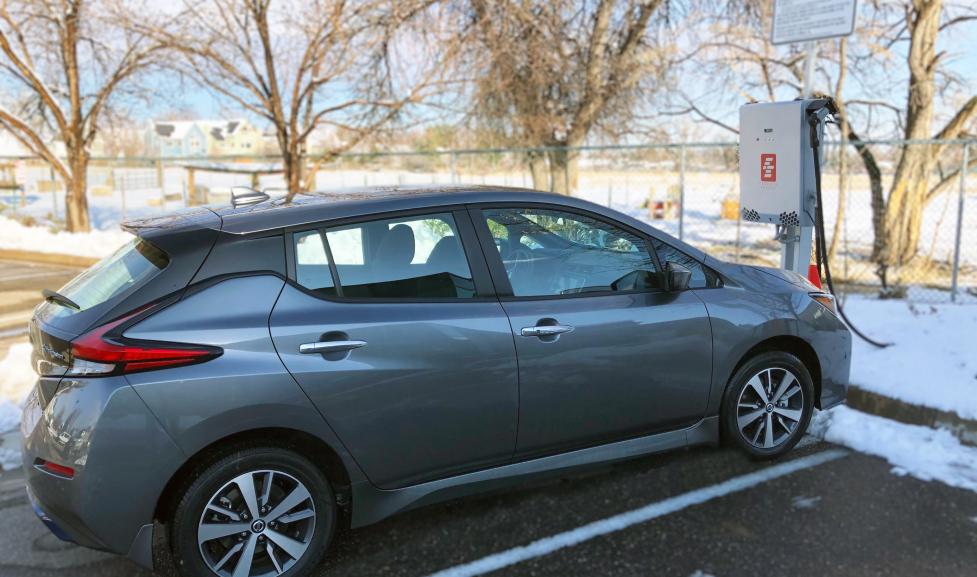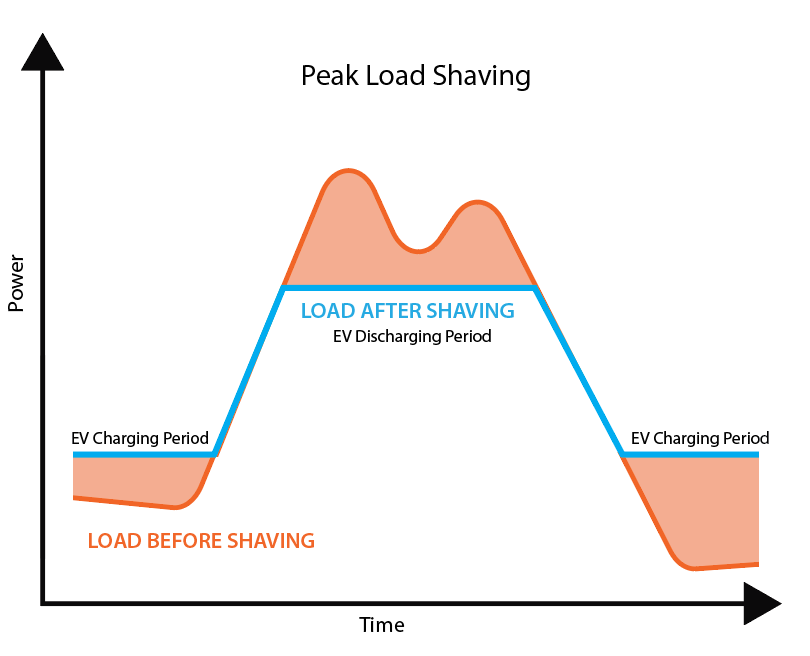Project Overview
Typically, electric vehicle (EV) chargers provide energy in one direction: from the energy grid or building to the car.
- In this new project, the city and Fermata Energy have installed a charging station that enables two-way electricity: from the building to the car and from the car back to the building.
- This technology, called vehicle-to-building (V2B), can provide the city new ways to manage its energy load, and reduce energy costs.
Fermata Energy’s bidirectional charging system for EVs allows vehicle batteries to transfer energy from the battery back to the North Boulder Recreation Center in order to support the building’s electric loads and to reduce peak demand.

